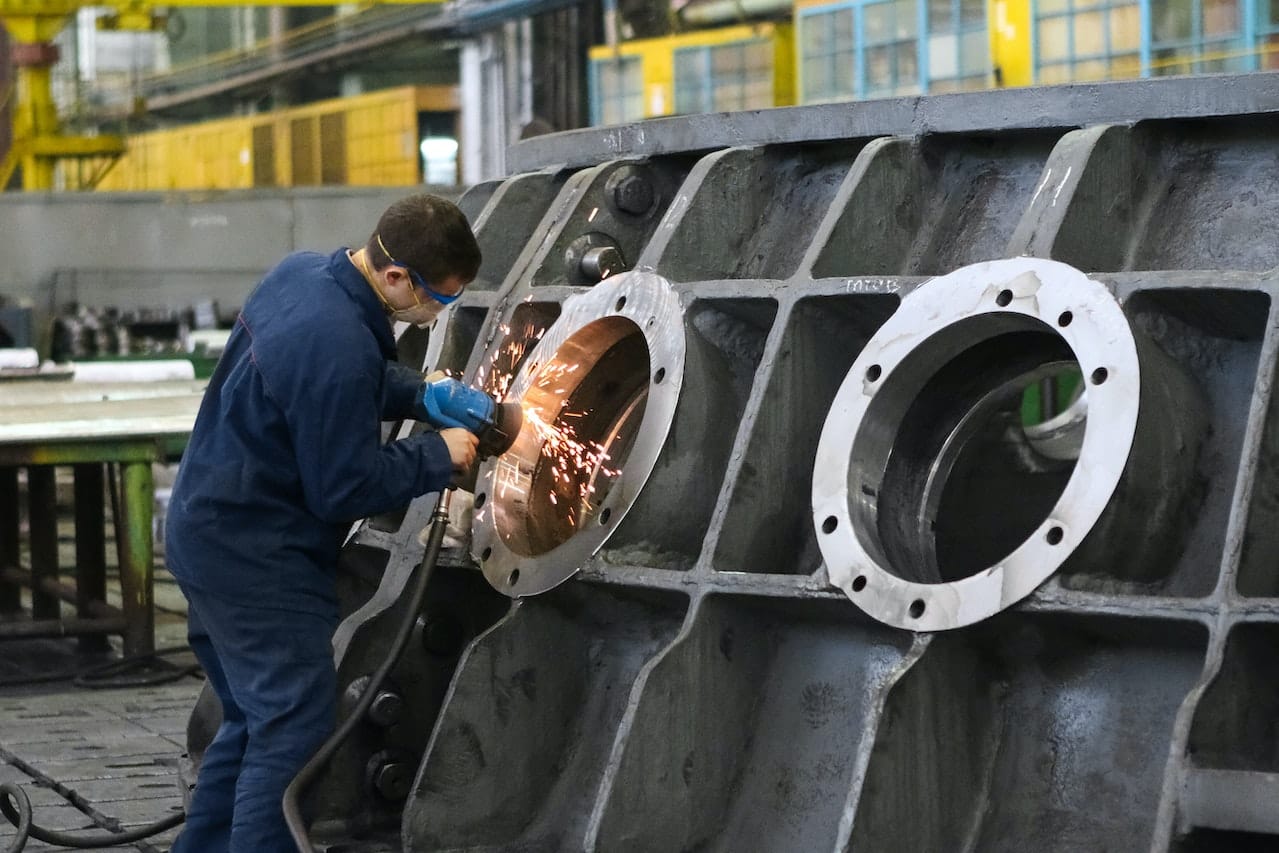Workplaces are dynamic environments where employees carry out various tasks and responsibilities. Unfortunately, an injury at work can happen even in the most well-managed work environments. Understanding the common types of workplace accidents in the UK is crucial for both employers and employees to prevent and mitigate such incidents. In this article, we will explore five common types of workplace accidents that occur in the UK.
Slips, Trips, and Falls
One of the most prevalent types of workplace accidents in the UK is slips, trips, and falls. These accidents can happen in any workplace setting, ranging from offices to construction sites. Slippery surfaces, uneven floors, cluttered walkways, and inadequate lighting are common contributors to these accidents.
Inadequate housekeeping practices, such as failure to promptly clean spills or clear obstacles, can also increase the risk of slips, trips, and falls. Employees should always be aware of their surroundings and report any hazards to their supervisors or maintenance staff to prevent such accidents from occurring.
Manual Handling Accidents
Manual handling accidents are another significant concern in the UK workplace. These accidents often occur when employees lift, carry, or move heavy objects without proper training or equipment. Improper lifting techniques and overexertion are common causes of manual handling accidents.
Employers have a responsibility to provide proper training to employees on safe manual handling practices. Additionally, using mechanical aids such as trolleys or forklifts can help reduce the risk of injuries. It is crucial for employees to understand their physical limitations and ask for assistance when handling heavy objects to prevent accidents.
Machinery Accidents
Workplaces that involve the use of machinery and equipment pose inherent risks to employees. Machinery accidents can occur due to various reasons, including lack of proper training, inadequate maintenance, or faulty equipment. Employees may get caught in moving machinery parts, resulting in severe injuries or even fatalities.
To prevent machinery accidents, employers must ensure that employees receive comprehensive training on the safe operation and maintenance of equipment. Regular inspections and maintenance of machinery are essential to identify and address any potential hazards promptly. It is crucial for employees to follow all safety guidelines and use appropriate personal protective equipment (PPE) when working with machinery.

Electrical Accidents
Electricity is a fundamental aspect of many workplaces, but it also presents potential dangers. Electrical accidents can result from faulty equipment, inadequate wiring, or improper use of electrical devices. Employees can be exposed to electric shocks, burns, or even fires.
To prevent electrical accidents, employers should ensure that all electrical systems and equipment are regularly inspected and maintained by qualified professionals. Employees should receive training on electrical safety, including how to identify potential electrical hazards and how to use electrical equipment safely. It is vital to follow proper lockout/tagout procedures when working on electrical systems to prevent unexpected energization.
Workplace Violence
While workplace violence may not be as common as other types of accidents, it remains a significant concern. Workplace violence can include physical assaults, threats, verbal abuse, or harassment by co-workers, customers, or even third parties. These incidents can result in physical and psychological injuries to employees.
Employers should establish clear policies and procedures to prevent workplace violence and provide training to employees on conflict resolution, identifying warning signs, and reporting incidents. Encouraging open communication and creating a supportive work environment can also help reduce the risk of workplace violence.
Conclusion
In conclusion, being aware of the common types of workplace accidents in the UK is essential for both employers and employees. By understanding the risks associated with slips, trips, and falls, manual handling, machinery operation, electrical systems, and workplace violence, preventative measures can be implemented. Through proper training, maintenance, and the use of appropriate safety measures, workplaces can strive to create a safer environment for all employees. Remember, safety should always be a top priority in any workplace, and everyone has a role to play in preventing accidents and promoting a culture of safety.
By addressing the common types of workplace accidents discussed in this article, employers can develop comprehensive safety programs tailored to their specific industry and work environment. Regular training sessions, hazard assessments, and ongoing communication about safety practices are vital for minimizing the risk of accidents.
Employees, on the other hand, should actively participate in safety programs, follow established protocols, and report any potential hazards or incidents promptly. By being vigilant and proactive, employees can contribute to a safer workplace and protect themselves and their colleagues from harm.
In addition to the specific types of accidents mentioned in this article, it is crucial to remember that every workplace has its unique risks and hazards. Therefore, it is essential to conduct regular risk assessments and seek professional guidance to address industry-specific safety concerns.
Ultimately, preventing workplace accidents requires a collective effort from both employers and employees. By prioritizing safety, implementing effective measures, and fostering a culture of awareness and responsibility, workplaces in the UK can reduce the occurrence of accidents, protect their workforce, and create a positive and productive work environment.
If your employers are not regarding your safety in the workplace and you do have an accident at work, you should be entitled to compensation. At National Claims, we will be able to guide you through the claims process.
Remember, accidents can have severe consequences, both for individuals involved and for the overall functioning of a business. So, let’s work together to prioritize workplace safety and ensure everyone goes home safe and sound at the end of each day.
Contact us today to get a start on your injury at work claim.
Click below to see why we are one of the most trusted claims management companies in the UK.





